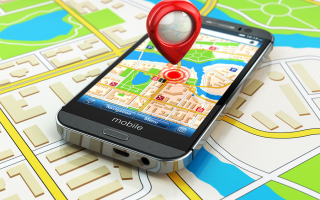
A recent study conducted by researchers from the National Institute of Scientific Research in Switzerland showed that blind GPS tracking can lead to dangerous situations on the road. According to publicly available results from research in the journal 'Plus One', despite the advantages of navigation systems controlled by GPS, they often mislead people and cause them to get lost.
Research emphasizes the need for a more systematic approach in the field of technology, including, for example, the adaptation of algorithms used by service providers such as Google Maps. According to the team, there is also the possibility of providing users with additional information about suggested routes and allowing them to choose alternatives.
One of the problems identified by the research is that currently the calculations of routes in navigation systems depend exclusively on the economic time of the drivers. For example, residential streets may be closed for traffic or turns prohibited in certain places.
Experts clarified that developing solutions is not the only goal of researchers; they also aim to understand societal issues. It is important to consider other aspects, such as ecological impact or potential safety risks of movement.
Research leads to a series of case studies, including the championships of the world on road cycling, held in Zurich, Switzerland this year, demonstrating how closed multiple roads led to chaos on the roads.
The lead researcher, Savin, emphasizes that in the majority of cases, the aim is often to influence the changes made at the local level.











